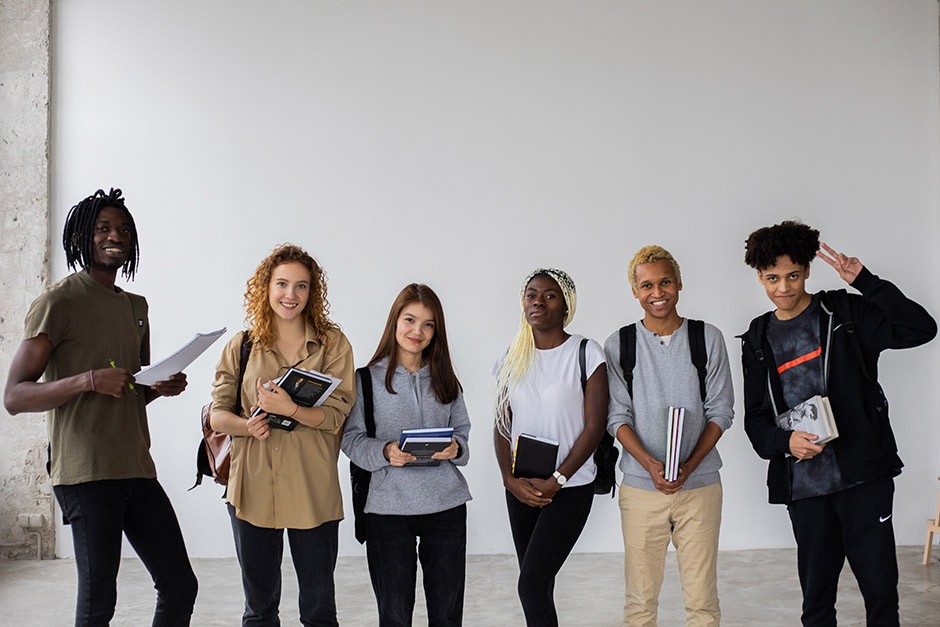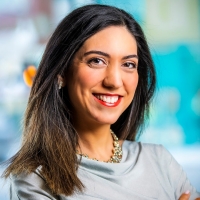Ezgi Ozyonum is a PhD candidate in Education. She obtained her bachelor’s degree from Bilkent University and completed her master’s degree at Middle East Technical University. Ezgi has taught at the department of Education, Concordia University, and has delivered workshops for Concordia’s Centre for Teaching and Learning and GradProSkills.
Her research brings critical and decolonial perspectives to the study and practice of internationalization and decolonization in higher education. Through her work, she seeks to interrupt common colonial patterns of education engagement. She presented her research at many national and international academic conferences including Comparative & International Education Society (CIES), American Educational Research Association (AERA), and Canadian Society for the Study of Higher Education (CSSHE). Her research findings could move Canadian Universities towards a more equitable and inclusive future.


 Photo by Monstera from
Photo by Monstera from  Photo by Zen Chung from
Photo by Zen Chung from  Photo by Miguel Bruna from
Photo by Miguel Bruna from 